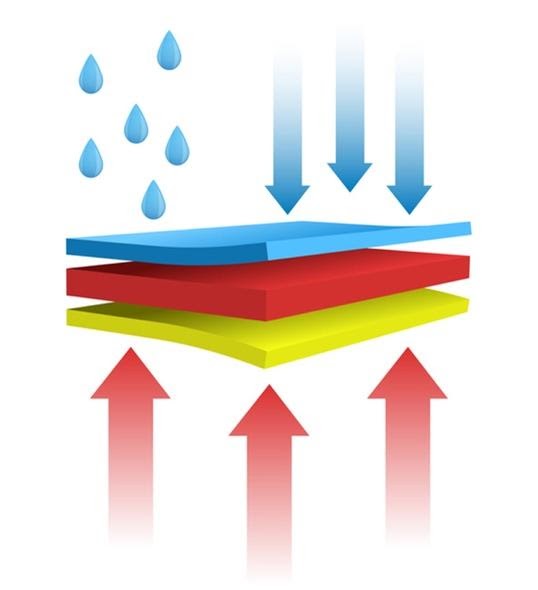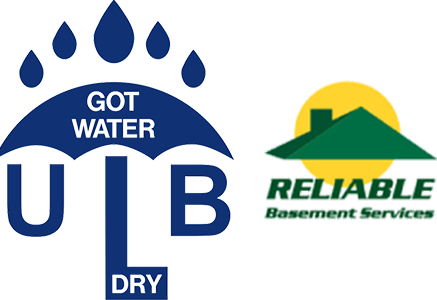Commercial Air Barrier Application
Commercial Air Barrier Application
With energy costs soaring today and indoor air quality declining, air barriers are among the several systems that have a critical role to play. Studies by the National Institute of Standards and Technology (NIST) show how these systems are estimated to reduce air leaks by up to 80% in commercial and industrial buildings. But to achieve those sizeable gains, commercial air barrier systems need to be designed, assembled, and tested meticulously.
What is an Air Barrier System?
An air barrier system controls the air’s undesired movement in a building’s enclosure. Designed with various materials, they are installed in industrial and commercial spaces to provide complete protection from air leakage from all sides, i.e., exterior walls, foundation and roof, or any separations within the structure.
Essentially, air barrier systems wrap up the building’s shell and safeguard it from the detrimental impacts of unnecessary outflow. Otherwise, the building’s functionality may be affected, leading to occupant’s discomfort, poor indoor air quality, higher energy usage, and lowered life expectancy of the building structure.
You can select from a wide range of air barrier systems, including membranes, sheathings, sealants, or spray-applied foam. But to truly serve its purpose, the barrier must maintain continuity, be strong, stiff, and also impermeable.
The Benefits of Installing an Air Barrier System
Controlling the air movement in commercial buildings is critical for controlling moisture levels and taking care of the heating and cooling needs in all climates. Some of the other major benefits of incorporating air barrier systems include the following:
Energy Efficiency: According to the U.S. Department of Energy (DOE), investing in quality air barrier systems installed by certified professionals helps you reduce air leakage by up to around 40%. NIST, however, estimates the savings to be somewhere around 80%. These systems also help you reduce your electricity/gas consumption. It may further help contribute to LEED points, though not always.
Better Indoor Air Quality: A system that’s effective will keep indoor air pollutants at bay. This will lead to fewer sick days and a healthier work environment where everyone feels productive and more alert. Air barriers are certainly proven to improve indoor air quality.
Reduced Maintenance Costs: Having an air barrier system reduces maintenance costs as well, as there is less strain placed on the HVAC system. Moreover, moisture levels also remain under control, leading to less corrosion or mold growth, which helps save time and money.
Air barrier systems are long-lasting, sustainable, and environmentally friendly. Engineers are able to incorporate water resistance, air leakage, thermal control, vapor management, and fireproofing capabilities in high-end air barrier systems. The best part is, all of this can be done while keeping the customer’s budget in mind. You can easily find and incorporate the equipment that meets your unique needs and goals. The professionals at ULB-DRY Waterproofing can guide you through the process, helping you find the system that best suits the needs of your property.
Need Help with Commercial Air Barrier Applications? Contact ULB-DRY Waterproofing!
If you would like to learn more about commercial air barrier applications for your property, or if you’re looking to partner with someone who you can trust to deliver the solutions you need, we are the company to turn to.
The professionals at ULB-DRY Waterproofing have the knowledge and skill to incorporate an air barrier system in your commercial building. We can help you keep up with the ever-changing building codes, provide protection against weather shifts, meet environmental regulations, and satisfy energy efficiency demands.
Contact us today to optimize your property’s performance and make your commercial space more comfortable.






